A businesses finances ranks high among the priority list for a small business owner as it is the lifeline to all other areas of a business. Without money a business is unable to operate. Which is why we’re sharing the 3 Bookkeeping Basics you should know as a small business owner to allow you to manage the financial health of your company and plan for the future growth and success of your business.
Similar to going to the doctor for a check-up, your business should also receive a financial check-up periodically to confirm everything is in good standing. Doing so helps provide insight on how a business is fairing financially and allows small business owners to manage their finances accordingly based on the information found.
We’re going to go through the 3 Bookkeeping Basics required for a financial check-up to manage the financial health of your company: Collecting, organizing and preparing your business’s financial affairs.
Collecting
The first step in the financial check-up process is collecting all financial records for your business and is the foundation when determining where your business’s financial health stands. These records include:
- Sales
- Purchases
- Receipts
- Payments
- Cash/Bank Transactions
All records listed above need to be collected for your business at your financial check-up to help determine how healthy your business is financially.
Organizing
The second step in the financial check-up process is organizing all of the financial records collected above. Some reliable cloud-based software programs we recommend using when organizing and tracking your business’s records are:
- SAGE
- Quick Books
- Quick Books Online
These easy-to-use software programs allow a business to organize all areas of its financial transactions and provides the ability to create accurate reports to help determine your business’s financial health.
Reporting
Which leads us to the third and final stage of the financial check-up process — reporting. Using the information collected and organized above, will allow you to create reports to review your business’s financial health and adjust accordingly. The four main Financial Statements are:
- Income Statement
- Cash Flow Statement
- Balance Sheet
- Statement of Changes
In addition, your businesses Financial Statements can be issued by accountants three ways:
- Audited financial statement
- Reviewed financial statements
- Neither audited nor reviewed
These reports will allow you to review your business’s health and adjust accordingly to provide a long and healthy life.
Hiring a Professional
KB Accounting Services Inc. is happy to help your small business with its bookkeeping. Want to see how KB Accounting Services Inc.’s Bookkeeping Services for Small Businesses can bolster your business this year? We recommend checking another one of our articles out here.
Contact Us
For any questions you may have, please feel free to contact us by phone at (306) 530-9548 or by using our online contact form below.






